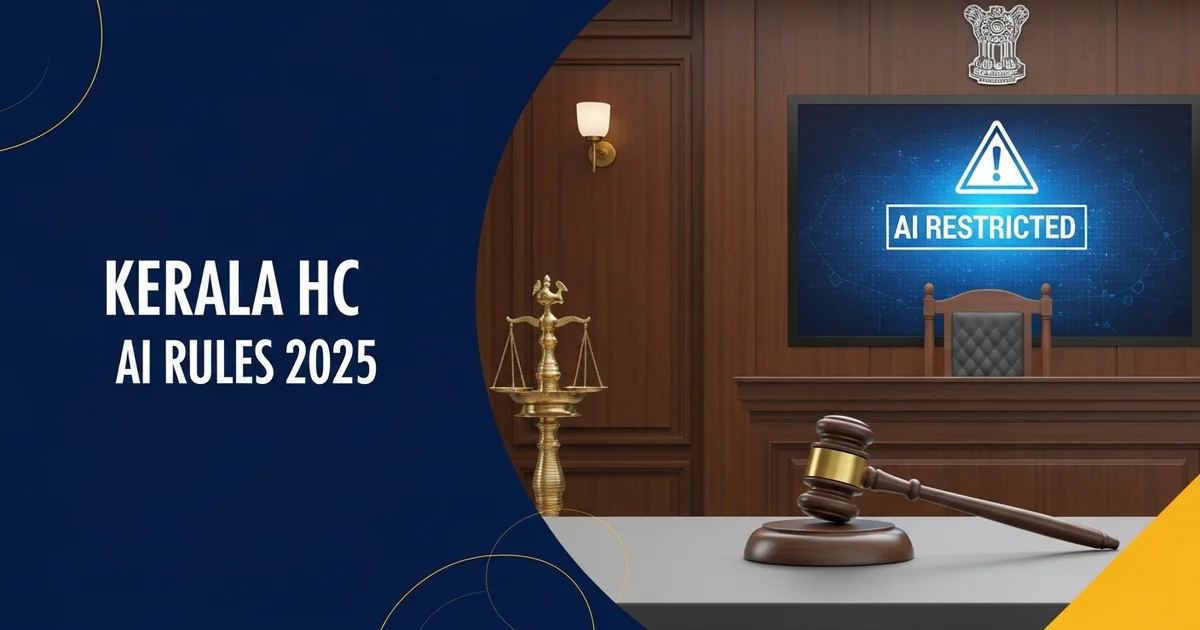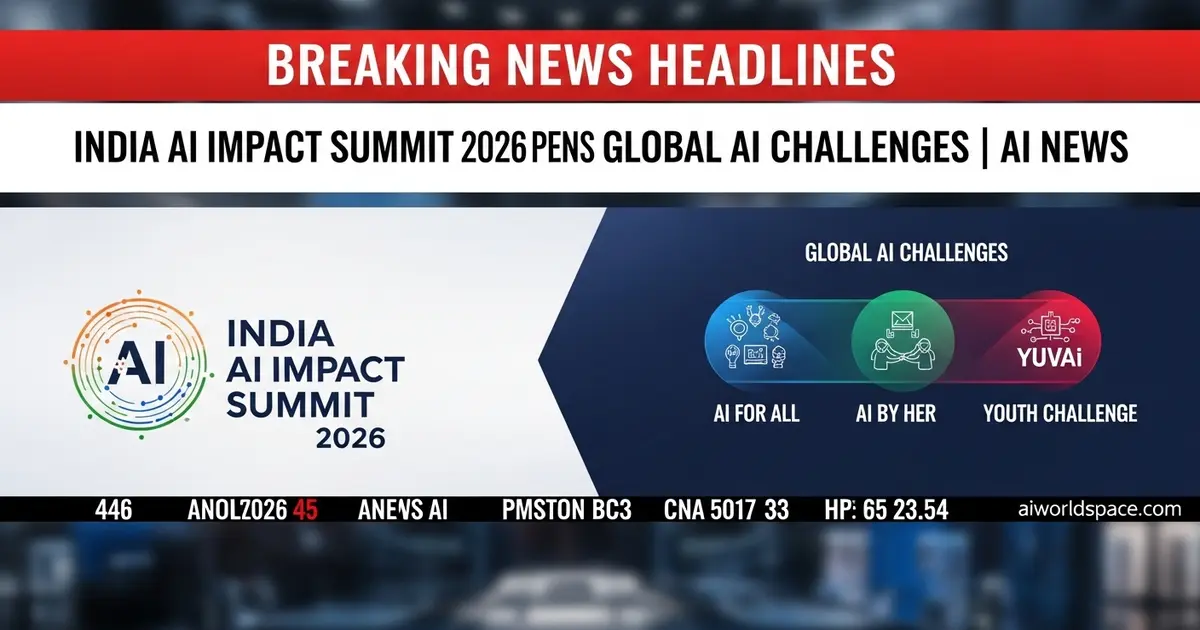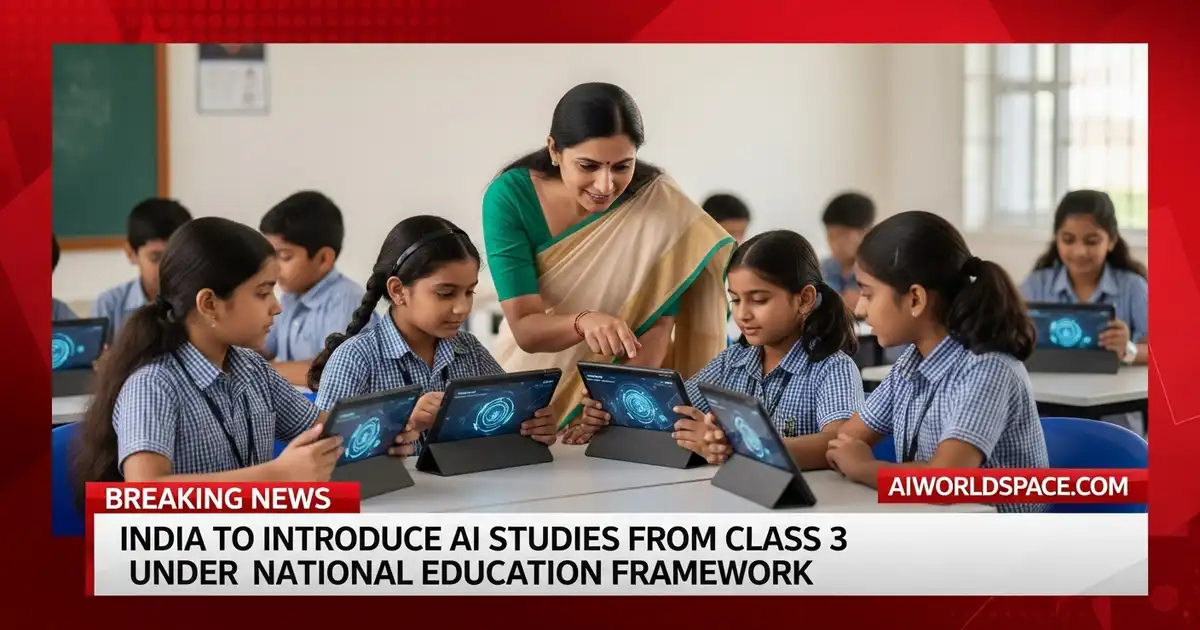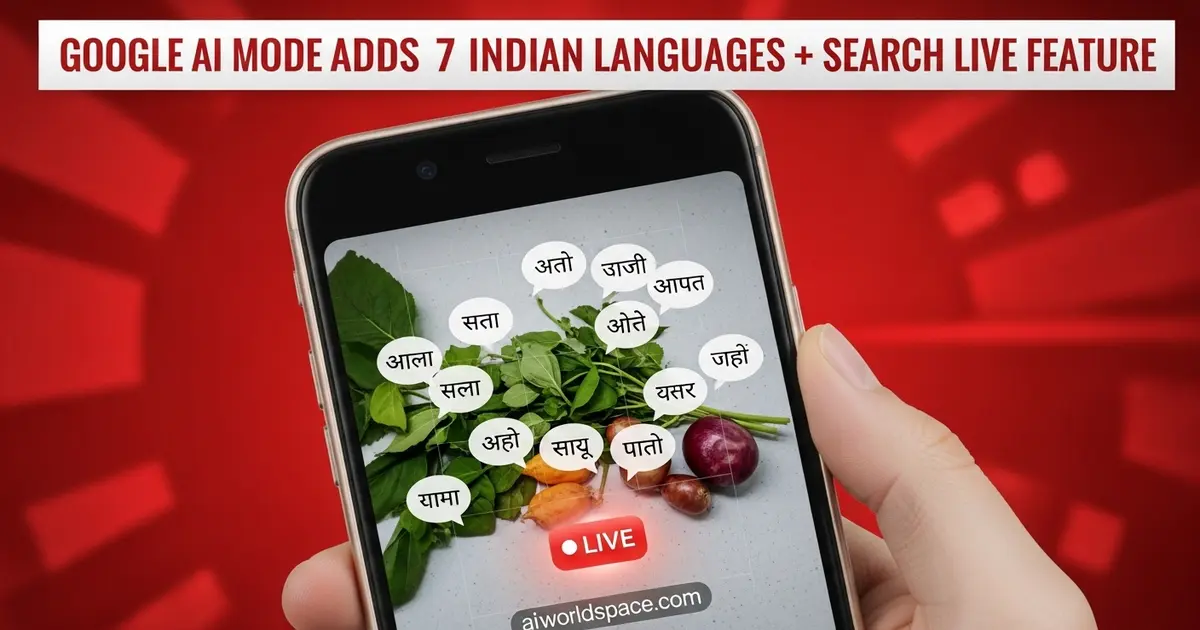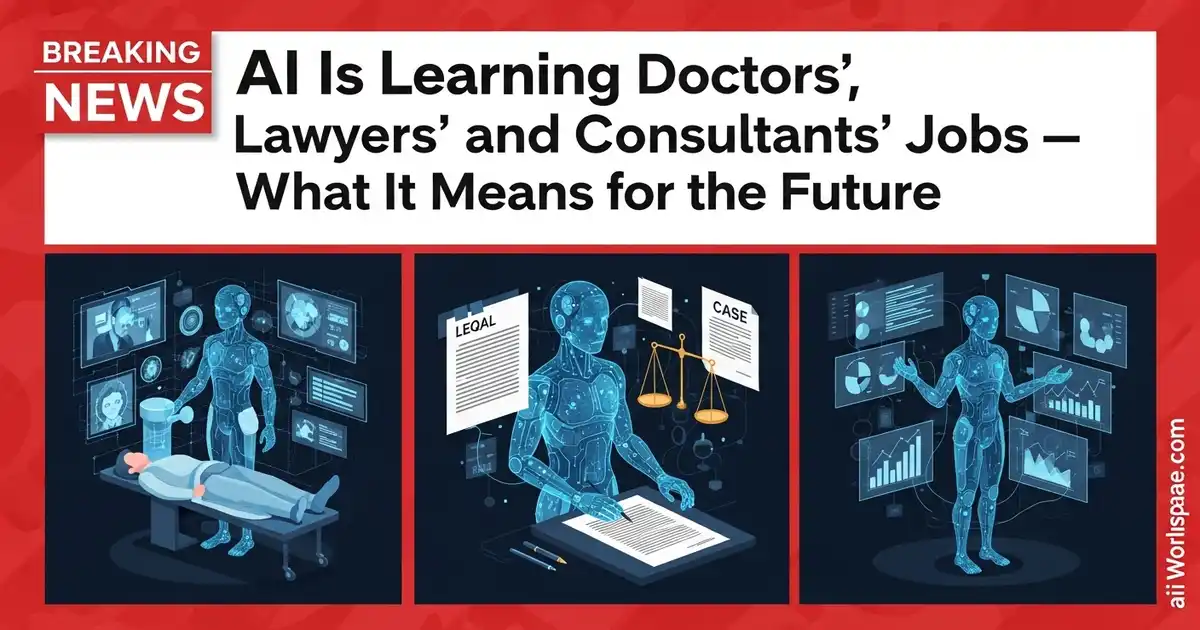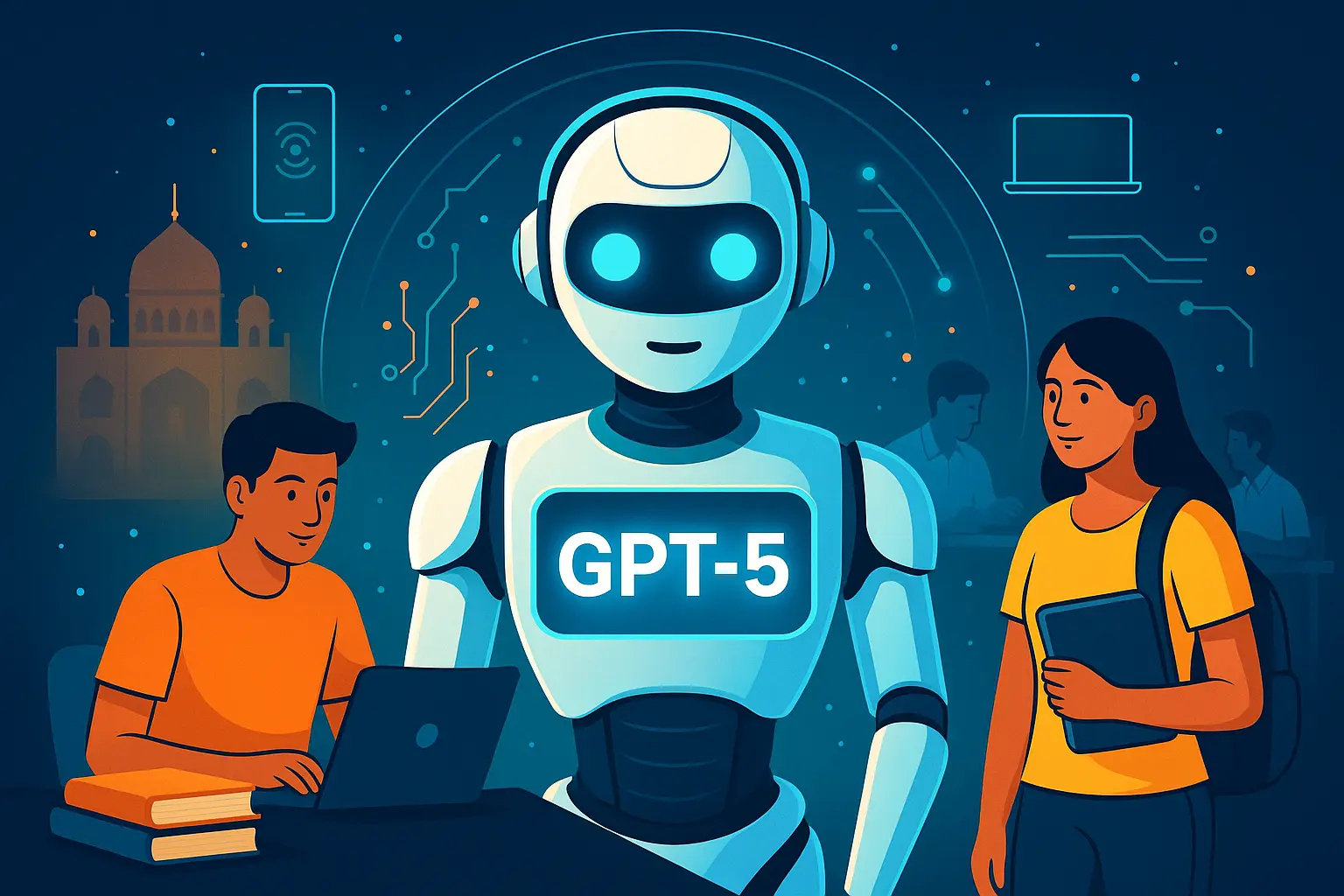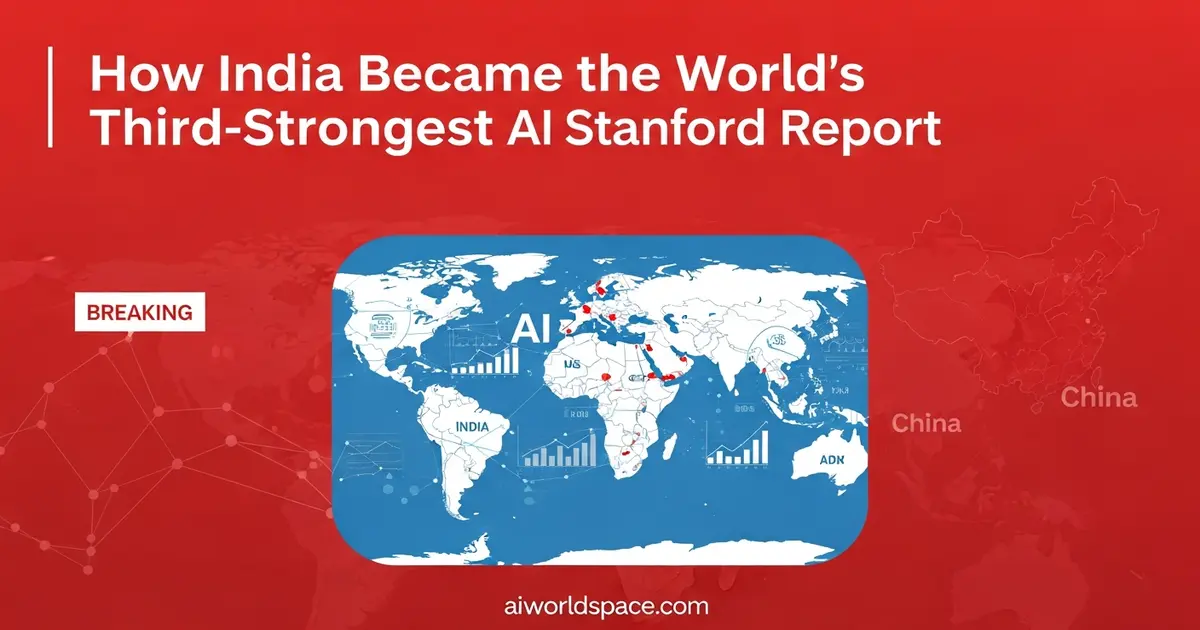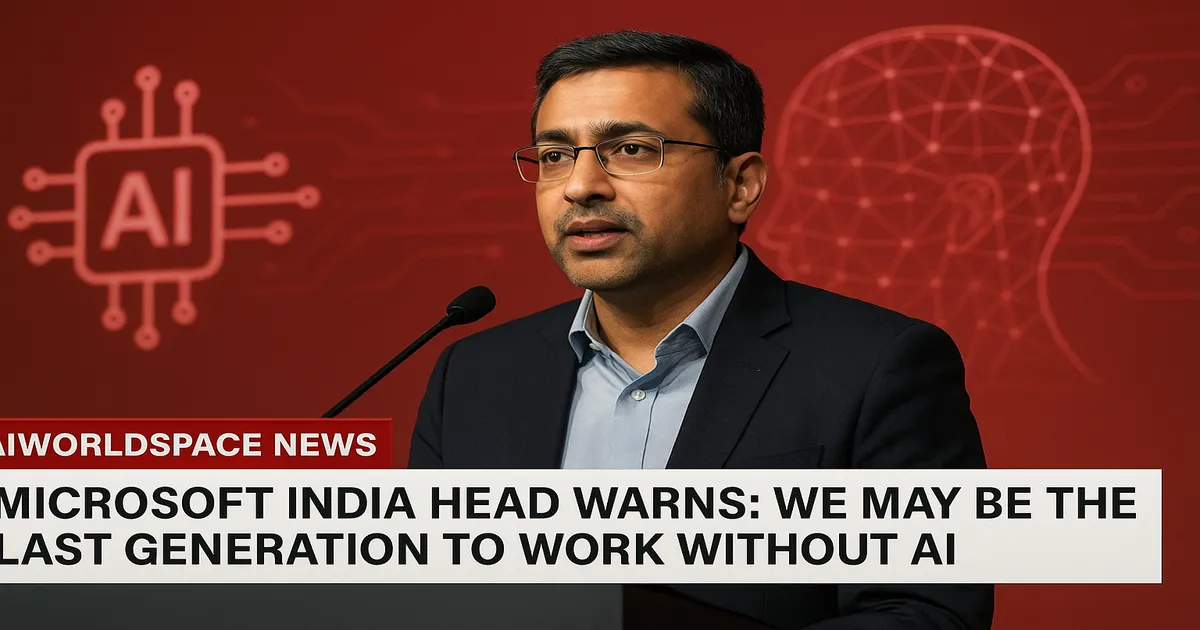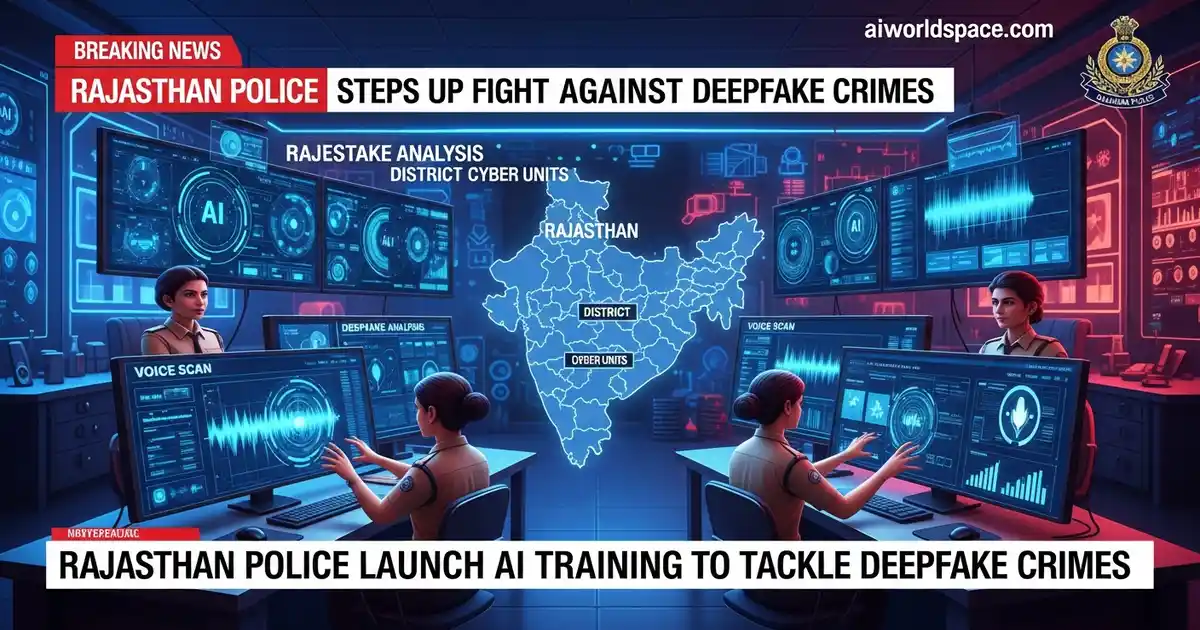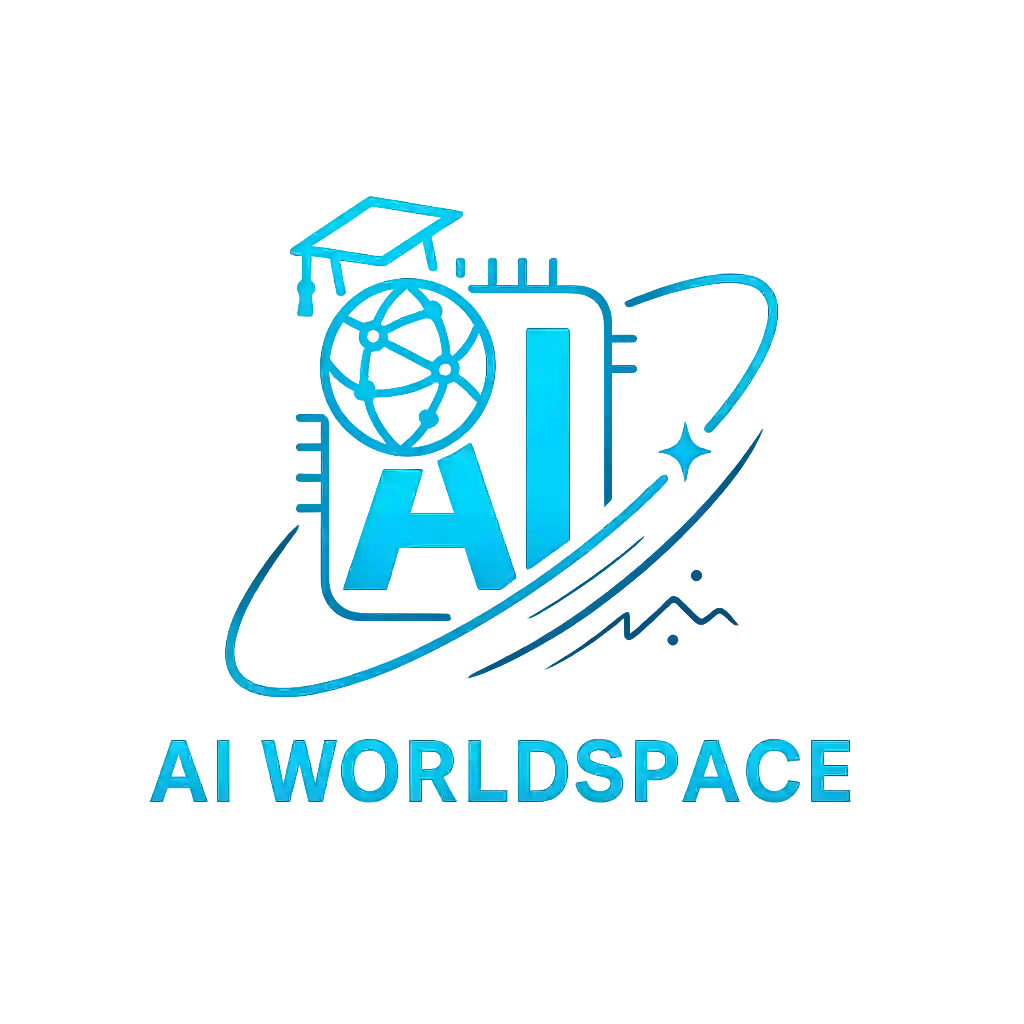Kochi | Date: July 23, 2025 | ⏱️ Read Time: 4 minutes
Summary: In a major move, the Kerala High Court has issued clear-cut rules restricting how judges and court staff can use AI tools—completely barring their use in making legal decisions or reasoning. What’s driving this strong stand, and how could it shape the future of AI in Indian judiciary?
AI in Court: Helper or Trouble-Maker?
The Kerala High Court just dropped a Kerala High Court AI guidelines 2025 a set of strict rules on how judges and court staff can use AI tools. Spoiler alert—AI’s not allowed anywhere near judicial decisions or legal arguments. It’s limited to small stuff like translating documents or scheduling tasks. Why? Because unchecked AI could mess with privacy, data security, and the trust people have in court rulings. So, what’s in these guidelines, and why’s everyone buzzing about them?
Article हिंदी में पढ़े : केरल हाईकोर्ट AI गाइडलाइन 2025: क्या AI जजों की कुर्सी हिला देगा? केरल हाईकोर्ट की नई गाइडलाइन ने मचाया बवाल!
Kerala High Court AI guidelines 2025: What’s in the Kerala HC’s AI Rulebook?
The court’s made it clear: AI’s just a sidekick, not the star of the show. Here’s the lowdown on the key rules:
- No AI for Decisions: Tools like ChatGPT, Gemini, or DeepSeek are banned from drafting judgments, orders, or reliefs.
- Only Approved Tools: Only AI systems greenlit by the High Court or Supreme Court can be used, and only for non-judicial tasks.
- Full Transparency: Every AI use must be logged, including the tool’s name and verification process.
- Mandatory Training: Judges and staff need training on the ethical, legal, and technical aspects of AI.
- Breaking Rules? Trouble!: Violating these guidelines could lead to disciplinary action.
Why Did This Happen?
AI’s been sneaking into courtrooms, helping with research or drafting. But here’s the catch: AI can spit out wrong or biased info, which could mess up a case. According to Hindustan Times, the Kerala HC said, “No machine can replace human reasoning and judgment in delivering justice.” Plus, cloud-based AI tools raise red flags about data leaks, which could compromise sensitive court info.
What’s the Catch?
These rules sound solid, but they come with some hiccups:
- Privacy Risks: Feeding case details into AI could lead to data breaches.
- Tech Glitches: AI’s known to churn out inaccurate or incomplete info, forcing judges to double-check everything.
- Training Gaps: Are all judges and staff ready to master AI’s nitty-gritty?
- Cost Concerns: Who’s footing the bill for approved AI tools and training programs?
What Are People Saying?
Some folks are calling this a smart move to keep courts fair and trustworthy while using tech responsibly. Others think banning AI outright is a bit too harsh—couldn’t there be a middle ground? On X, users are hailing it as a win for “human judgment over machines,” but some worry it’s holding back the tech revolution in courts.
Why’s This Making Waves?
This is India’s first-ever set of AI guidelines for courts, setting a precedent that could ripple across the country. Amar Ujala reports that these rules aim to protect the integrity of justice while addressing AI’s risks. With India’s judiciary under pressure to modernize, the big question is: will these rules keep AI in check or limit its potential to make courts faster and smarter?
Also Read:
Is Indian Railways Watching You With AI Cameras? Here’s What’s Really Happening
#ainews,#ailatestnews,#aiupdate,#artifitialintelligence

